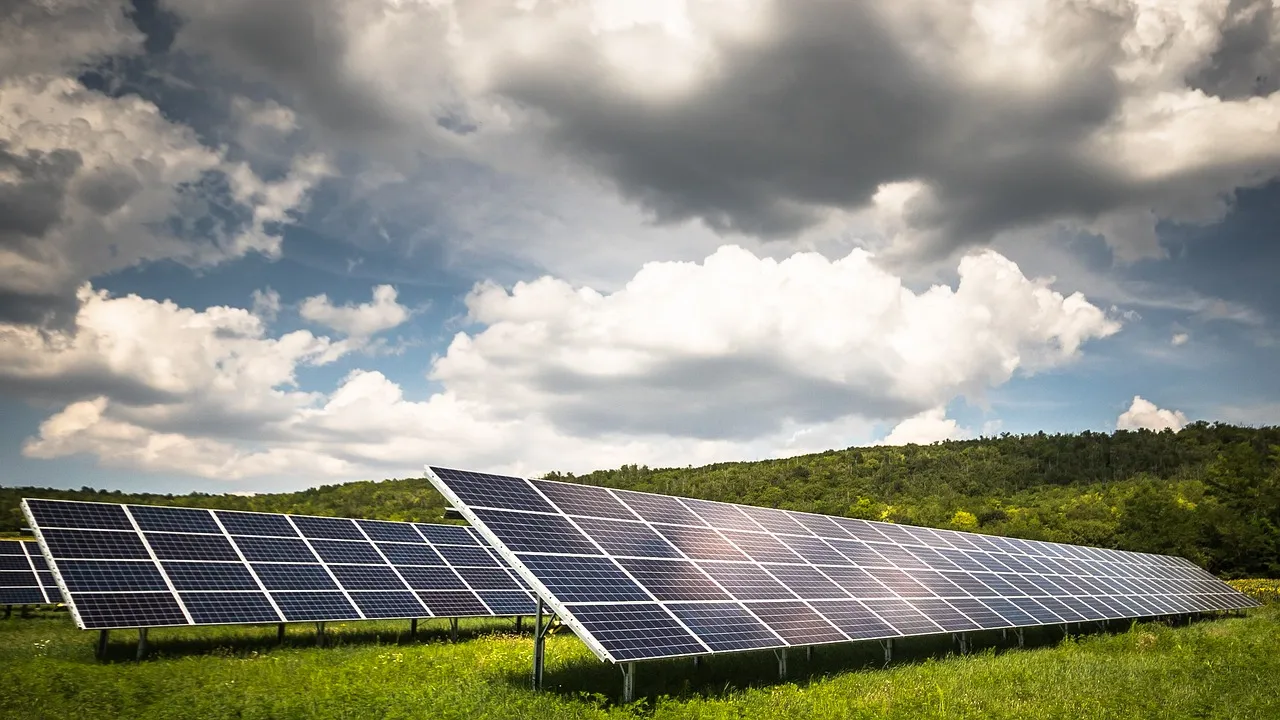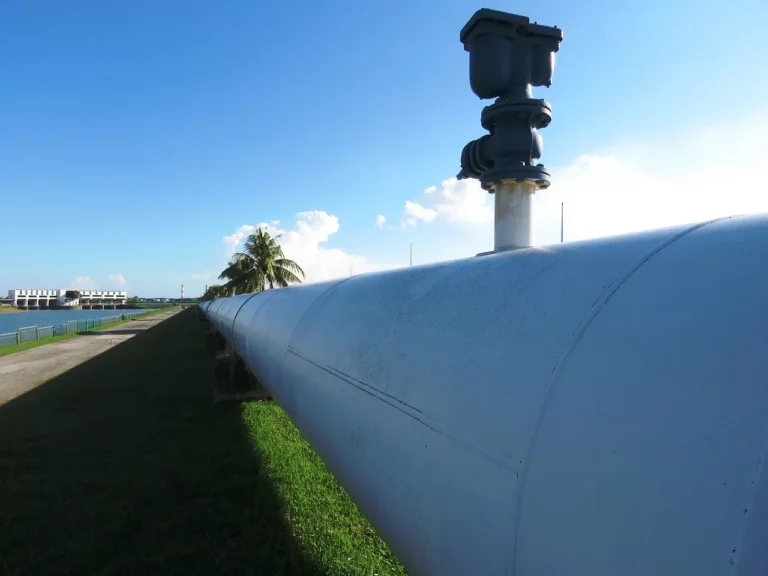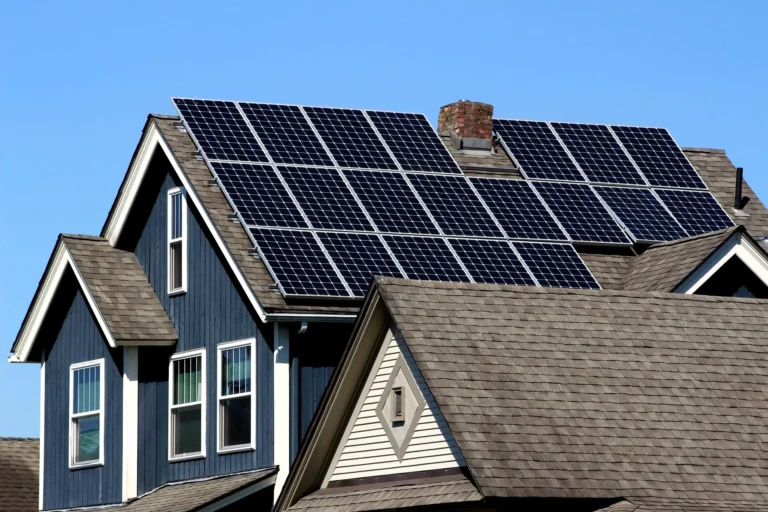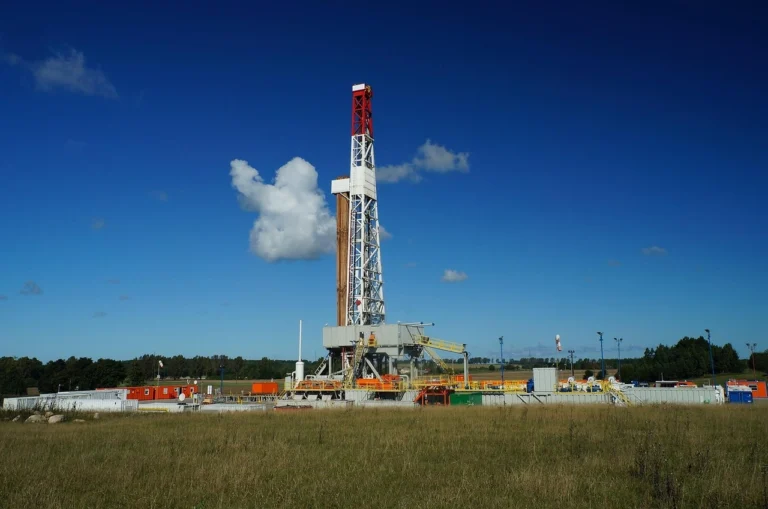
Earthrise Energy Secures Groundbreaking $630 Million Financing for Gibson City Solar Project in Illinois MISO Market
Earthrise Energy, an independent power producer accelerating the energy transition in the Midwest, has announced the successful close of a landmark $630 million financing package to support its Gibson City Solar project. This 270 MWac utility-scale solar facility, located within the Midcontinent Independent System Operator (MISO) region in Illinois, represents a critical step in Earthrise’s strategy to redeploy thermal generation assets for renewable energy integration. The project is slated to enter commercial operations in 2026 and is one of the most innovative clean energy financings to date in the region.
A Financing Milestone in the Clean Energy Sector
The $630 million financing includes a combination of tax equity and debt instruments and is notable for several structural firsts. The debt portion comprises a construction-to-term loan, a tax equity bridge loan, and a letter of credit facility. These facilities were arranged by a consortium of major international financial institutions, with BBVA, Intesa Sanpaolo, and Norddeutsche Landesbank Girozentrale (Nord/LB) serving as Coordinating Lead Arrangers and Bookrunners. A Fortune 500 U.S.-based telecommunications company has committed to providing the tax equity portion, highlighting growing corporate interest in renewable investments.
This transaction is particularly distinguished by its use of surplus interconnection service at a shared point of interconnection between the new solar facility and Earthrise’s adjacent thermal power plant. By tapping into unused transmission capacity originally reserved for its natural gas peaker plant, Earthrise has effectively streamlined the interconnection process, drastically reducing both time-to-market and capital intensity for the solar facility.
Additionally, this deal marks one of the first uses of the Illinois Power Agency’s Indexed Renewable Energy Credit (REC) offtake contract within a utility-scale project financing. This pricing mechanism, designed to stabilize returns for renewable energy developers while offering cost-efficiency to ratepayers, enhances bankability and provides an additional layer of long-term revenue security for the project.
A Blueprint for Clean Energy Co-Location
“Securing this financing for Gibson City Solar marks a significant milestone for Earthrise,” said Kenton Harder, Vice President of Capital Markets at Earthrise Energy. “We are proud to have structured the first solar project finance transaction in MISO that leverages surplus interconnection capacity at a shared point with an existing thermal facility. It’s an approach that required creative and collaborative problem solving across a range of technical, regulatory, and financial domains.”

Harder emphasized that the transaction’s structure may serve as a replicable blueprint for future projects, especially in grid-constrained areas. “The ability to utilize legacy thermal infrastructure while deploying clean energy assets unlocks substantial value—not just for Earthrise, but for the broader energy ecosystem.”
The Gibson City Solar project underscores Earthrise’s broader vision of strategically transforming fossil-fuel peaker plants into hybridized clean energy hubs. Since 2021, the company has acquired and is actively managing multiple natural gas plants across the Midwest, with the goal of augmenting them with solar installations, battery storage, and other clean energy technologies.
By doing so, Earthrise is turning once-marginal peaking assets into productive, low-carbon, dispatchable resources that bolster grid stability and help address seasonal and daily variability in renewable generation.
Pipeline of Over 1.4 GW in Development
Gibson City Solar is just the beginning. Earthrise currently has a development pipeline exceeding 1.4 GW of new clean energy capacity, all of which is expected to be operational by the end of 2028. Each of these projects is being designed with co-location in mind—leveraging existing interconnection rights, transmission assets, and, in some cases, land and operational personnel from Earthrise’s conventional energy holdings.
According to Earthrise, this strategy not only allows for faster permitting and interconnection timelines, but also contributes to a more capital-efficient buildout of clean energy infrastructure. Projects like Gibson City Solar are expected to deliver competitively priced, clean electricity to the grid while helping states like Illinois meet their ambitious renewable energy and emissions reduction goals.
“At Earthrise, we are committed to advancing a future where clean energy is not only abundant and affordable, but also reliable and resilient,” said Jeff Hunter, Chief Financial Officer at Earthrise Energy. “This financing transaction is a pivotal achievement for our team. It validates our co-location model and demonstrates that financial markets are ready to support innovative structures that marry legacy grid assets with next-generation energy solutions.”
Collaboration Across Sectors
The deal involved close collaboration among numerous stakeholders, including financial institutions, corporate investors, legal advisors, and development consultants. Marathon Capital served as exclusive financial advisor to Earthrise, orchestrating and structuring the deal to bring together tax equity and senior debt in a streamlined package.
“It has been a pleasure to collaborate with Earthrise in support of this important set of financings,” said Ari Pribadi, Global Co-Head of Investment Banking at Marathon Capital. “As the industry aims to build a more sustainable future while addressing increasing demand for electricity, it is essential to embrace strategies that optimize the use of existing infrastructure. Earthrise’s leadership in this space is setting new standards for innovation, efficiency, and impact in the clean energy transition.”
Cornerstone Financial Advisors served as the exclusive financial advisor to the tax equity investor, providing diligence and structuring expertise. Legal counsel was provided by several top-tier firms. Latham & Watkins LLP acted as principal counsel to Earthrise Energy; Milbank LLP advised the senior lenders; and Akin Gump Strauss Hauer & Feld LLP represented the tax equity investor.
Policy and Market Implications
The Gibson City Solar financing arrives at a critical moment for the U.S. energy transition. As utilities and grid operators across the country grapple with mounting interconnection queues, the repurposing of underutilized grid infrastructure—like the interconnection rights tied to aging fossil-fuel plants—is becoming increasingly necessary.
At the same time, structured finance mechanisms such as Indexed RECs and Inflation Reduction Act (IRA) tax incentives are empowering a new wave of renewable projects to overcome financial barriers and attract mainstream institutional capital. The fact that a major telecommunications firm chose to participate in Earthrise’s tax equity round demonstrates the widening appeal and scalability of clean energy investments.
With grid reliability concerns on the rise and demand for electricity projected to grow rapidly—fueled in part by data centers, electrified transportation, and AI-driven industries—innovative models like Earthrise’s are poised to play a critical role in reshaping how new capacity is developed and integrated.







